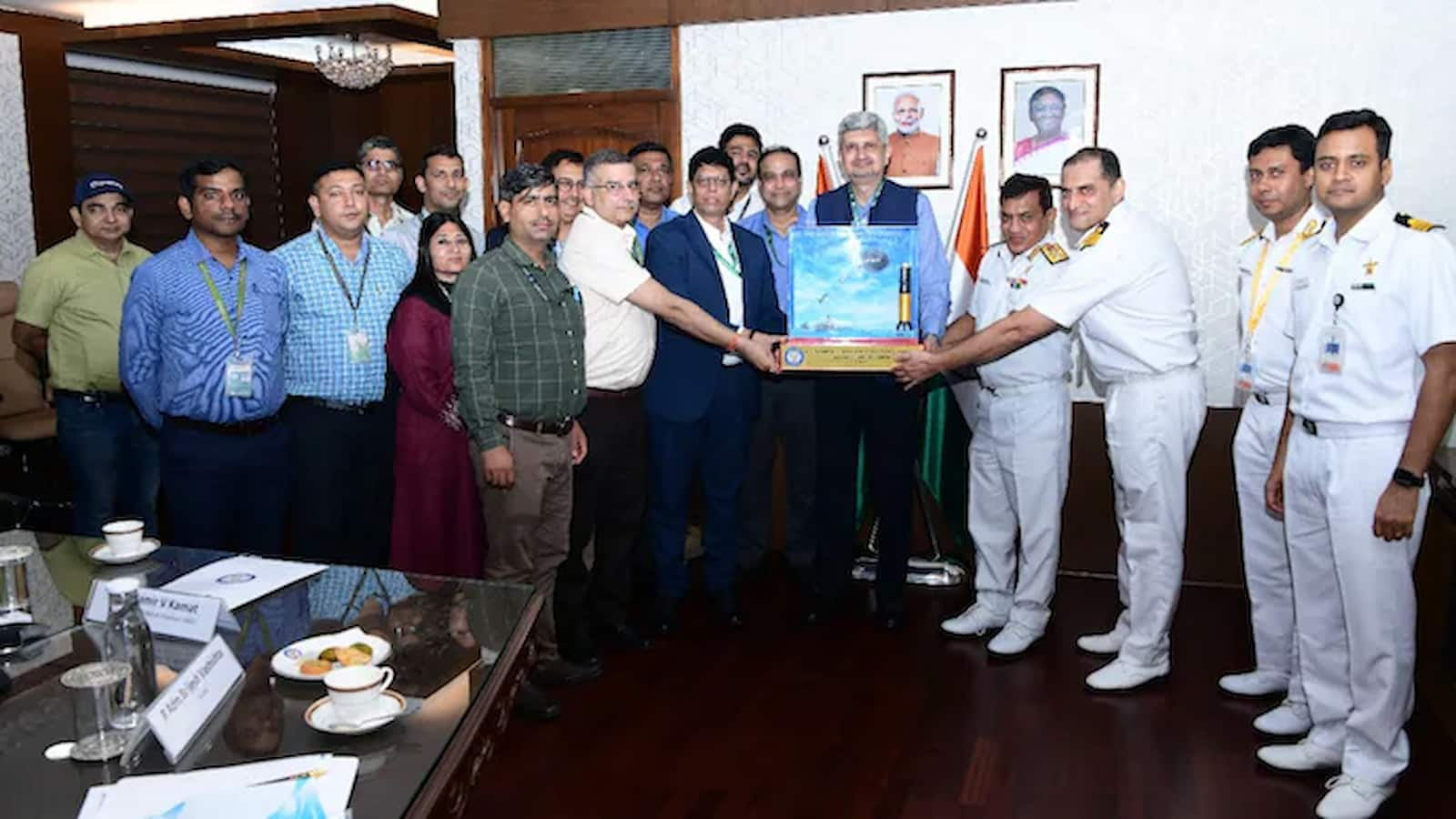The Defence Research and Development Organisation (DRDO) handed the Indian Navy the Medium Range-Microwave Obscurant Chaff Rocket (MR-MOCR) at a ceremony in New Delhi on Wednesday.
Designed by the Defence Laboratory of the DRDO in Jodhpur, a specialist tool known as Microwave Obscurant Chaff (MOC) obscures radar signals and erects a microwave shield over platforms and assets, thereby lowering radar detection.
According to India Today, in the medium-range chaff rocket, special fibre types with a diameter of a few microns and special microwave obscuration qualities have been built.
Top 10 Defence Stocks in India Ranked by Order Book Value
When the rocket is fired, it produces a microwave obscurant cloud in orbit that spreads over a large enough region and lasts long enough to provide an effective defense against adversaries using radio frequency seekers.
Today, @DRDO_India handed over the Medium Range-Microwave Obscurant Chaff Rocket (MR-MOCR) to the @indiannavy in New Delhi. Developed by DRDO’s Defence Laboratory, this niche tech creates a microwave shield to obscure radar signals. #DefenceTech
More: https://t.co/34eBTNoifd pic.twitter.com/GmbXx3SUXN
— A. Bharat Bhushan Babu (@SpokespersonMoD) June 26, 2024
The successful completion of Phase-I testing of MR-MOCR on Indian Navy ships demonstrated the persistence and blooming of the MOC cloud in space.
The Indian Navy has verified and validated the radar Cross-Section (RCS) reduction of an aerial target up to ninety percent in Phase-II trials.
MR-MOCRs that satisfy all qualification standards have been successfully transferred to the Indian Navy.
Indian Army and Punjab & Sind Bank Sign Agreement for salary account
The MR-MOCR was given to the Director General of Naval Armament Inspection, Indian Navy Rear Admiral Brijesh Vashistha, by the Secretary, Department of Defence R&D and Chairman, DRDO Dr Samir V Kamat.
The Defence Laboratory, Jodhpur, team received congratulations from the DRDO Chairman for this noteworthy accomplishment.
The Indian Navy’s Director General of Naval Armament Inspection praised DRDO’s efforts for quickly creating this strategically significant technology domestically.



